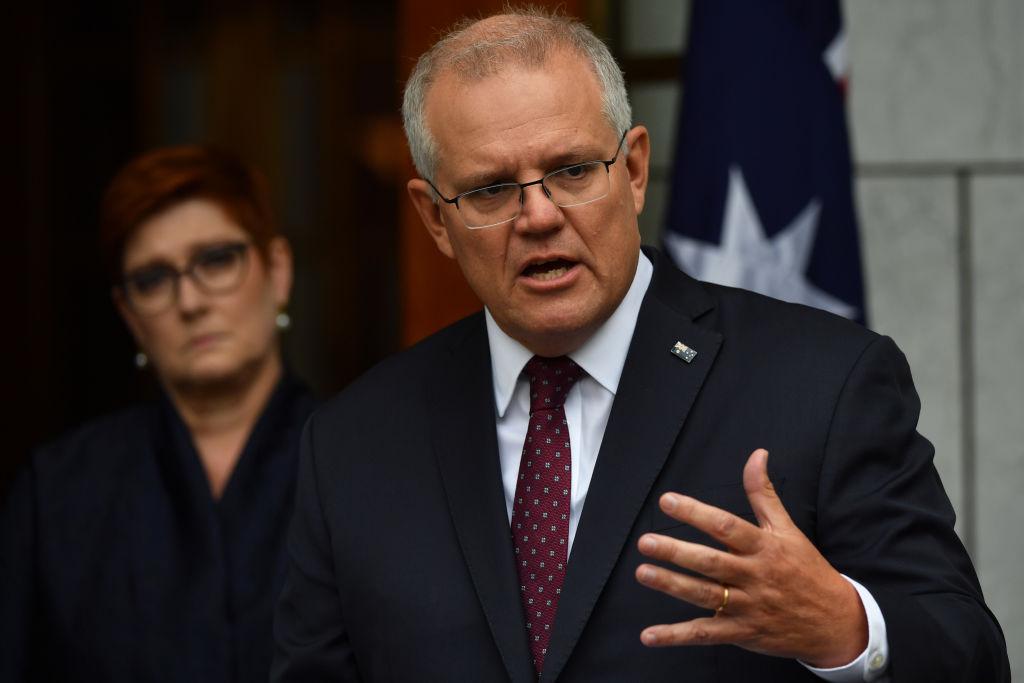The Morrison government may be able to pass the controversial industrial relations bill before the end of this week after amending the bill to secure the vote of the Centre Alliance’s Stirling Griff. However, to gain Griff’s support of the bill the coalition has had to strip away the majority of its proposed provisions.
In a post written on Twitter, Griff said on Wednesday that the Centre Alliance would only support elements of the bill that enhance protections against wage theft and provide certainty for casuals and their employers.





